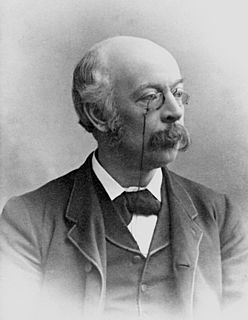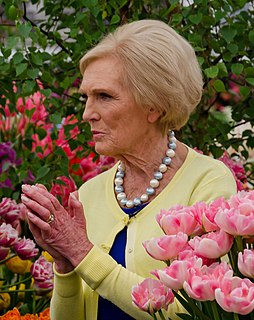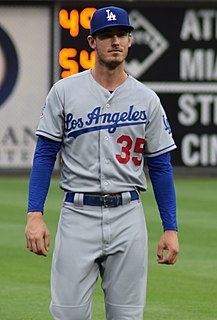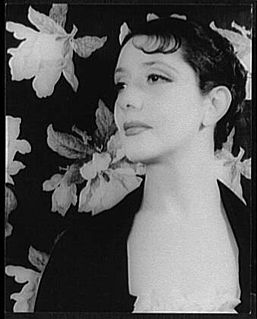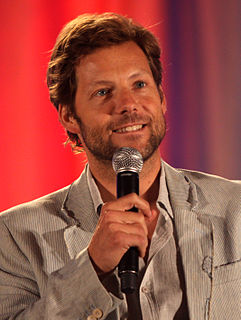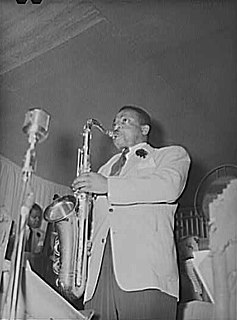A Quote by Robert Adamson
He was certainly in a confused state. I used to go and visit him in Callan Park. They were really - to me they were the best poets those two writing in those days but it wasn't very encouraging because, well, they weren't getting far were they?
Related Quotes
I have stood aside to see the phantoms of those days go by me. They are gone, and I resume the journey of my story.’ (David Copperfield) “But all that night he lay awake because the phantoms of those days were not gone. Like the tiny, terrible holes in the prophylactics, the phantoms of those days were not easy to detect—and their meaning was unknown—but they were there.
There is not a hint of one person who was afraid to draw near him [Jesus]. There were those who mocked him. There were those who were envious of him. There were those who misunderstood him. There were those who revered him. But there was not one person who considered him too holy, too divine, or too celestial to touch. There was not one person who was reluctant to approach him for fear of being rejected.
The hardest bits of my book to read were the easiest bits to write because they were the most immediate. Probably because I had never stopped thinking about them on some level. Those bits I was just channelling and those were the most exciting writing days. The bits I found harder were the bits that happen in between, you know, the rest of living. There were whole years, whole houses, that I just got rid of.
Kools and Newports were for black people and lower-class whites. Camels were for procrastinators, those who wrote bad poetry, and those who put off writing bad poetry. Merits were for sex addicts, Salems were for alcoholics, and Mores were for people who considered themselves to be outrageous but really weren't.
In the thirties a whole school of criticism bogged down intellectually in those agitprop, social-realistic days. A play had to be progressive. A number of plays by playwrights who were thought very highly of then - they were very bad playwrights - were highly praised because their themes were intellectually and politically proper. This intellectual morass is very dangerous, it seems to me. A form of censorship.
Those who failed to oppose me, who readily agreed with me, accepted all my views, and yielded easily to my opinions, were those who did me the most injury, and were my worst enemies, because, by surrendering to me so easily, they encouraged me to go too far... I was then too powerful for any man, except myself, to injure me.
When I worked with General Electric, again this was soon after the Second World War, you know, I was keeping up with new developments and they showed me a milling machine and this thing worked by punch cards - that's where computers were at that time, and everybody was sort of sheepish about how well this thing worked because in those days machinists were treated as though they were great musicians because they were virtuosos on these machines.
I used to live at the Cecil Hotel, which was next door to Minton's [Playhouse]. We used to jam just about every night when we were off. Lester [Young], Don Byas and myself - we would meet there all the time and like, exchange ideas. It wasn't a battle, or anything. We were all friends. Most of the guys around then knew where I lived. If someone came in Minton's and started to play - well, they'd give me a ring, or come up and call me down. Either I'd take my horn down, or I'd go down and listen. Those were good days. Had a lot of fun then.
